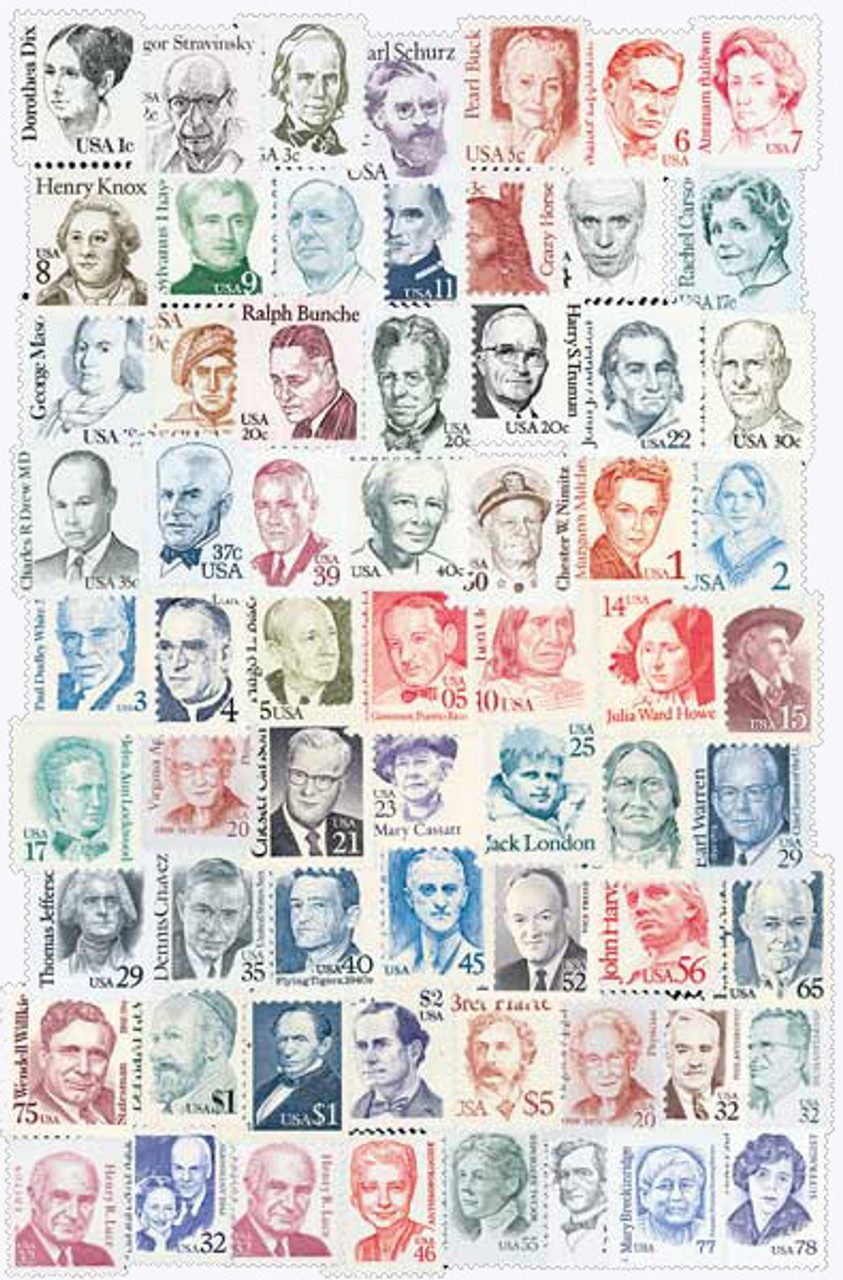Creation of the U.S. Weather Bureau
On February 9, 1870, Ulysses S. Grant created the US Weather Bureau. Still in operation today as the National Weather Service, it provides weather forecasts and warnings for hazardous weather.

On February 9, 1870, Ulysses S. Grant created the US Weather Bureau. Still in operation today as the National Weather Service, it provides weather forecasts and warnings for hazardous weather.

On January 20, 1960, the US Post Office Department issued the first stamp in the American Credo Series. The stamps feature quotes from notable Americans, honoring “the ideals upon which America was founded.”

On December 27, 1980, the USPS issued the first stamp in the Great Americans Series, which would go on to become the longest-running US definitive series.

On December 4, 1867, Oliver Hudson Kelley established the National Grange of the Order of Patrons of Husbandry. The Grange organized America’s farmers into a powerful political and economic group that lobbied for “Granger Laws.”

On November 7, 1811, future president William Henry Harrison clashed with Tecumseh’s warriors at the Battle of Tippecanoe, a precursor to the War of 1812. Harrison claimed victory and became known as “Old Tippecanoe.”

On October 31, 1941, work on Mount Rushmore was completed 14 years after it began. The final monument was quite different than it was originally planned.

John Adams was born in Braintree (now Quincy), Massachusetts, on October 30, 1735. Adams was America’s first vice president and second president.

On October 17, 1979, U.S. President Jimmy Carter signed legislation establishing the US Department of Education. The department creates policies, monitors federal funding, and ensures equal education for students.

Anna Eleanor Roosevelt was born on October 11, 1884, in New York City, New York. She was America’s longest-serving First Day and is credited with redefining the role of the presidential spouse.